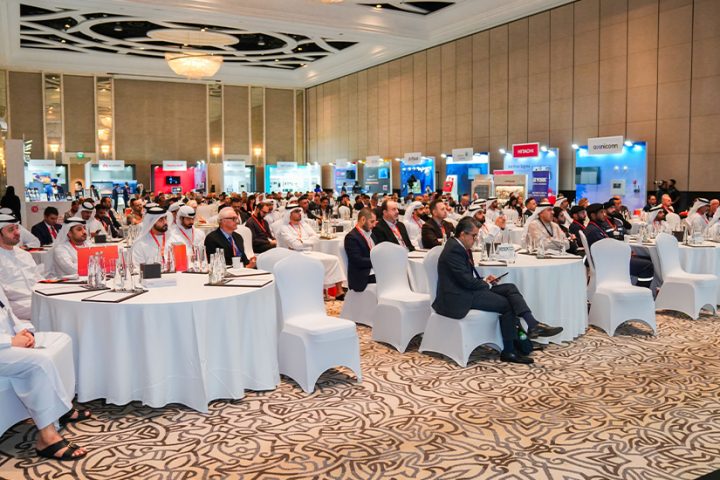Hewlett Packard Enterprise, HPE, has announced the HPE Container Platform, the industry’s first enterprise-grade Kubernetes-based container platform designed for both cloud-native applications and monolithic applications with persistent storage. With the HPE Container Platform, enterprise customers can accelerate application development for new and existing apps , running on bare-metal or virtualised infrastructure, on any public cloud, and at the edge.
The HPE Container Platform is built on proven innovations from HPE’s acquisitions of BlueData and MapR, together with 100% open source Kubernetes. This next-generation solution dramatically reduces cost and complexity by running containers on bare-metal – while providing the flexibility to deploy on virtual machines and cloud instances. Customers benefit from greater efficiency, higher utilisation, and improved performance by “collapsing the stack” and eliminating the need for virtualisation.
The new platform uniquely addresses the requirements for large-scale enterprise Kubernetes deployments across a wide range of use cases, from machine learning and edge analytics to CI/CD pipelines and application modernisation. IT teams can manage multiple Kubernetes clusters with multi-tenant container isolation and pre-integrated persistent storage. Developers have secure on-demand access to their environments so they can develop apps and release code faster, with the portability of containers to build once and deploy anywhere.
“Application development is migrating to containers, and Kubernetes is the de facto standard for container orchestration,” said Kumar Sreekanti, Senior VP and CTO of Hybrid IT at HPE. “We’re combining our expertise and intellectual property from recent acquisitions together with open source Kubernetes to deliver an unmatched enterprise-class container platform. Our container-first approach will provide enterprises with a faster and lower cost path to application modernisation, optimised for bare-metal and extensible to any infrastructure from edge to cloud.”
Enterprise organisations today recognise that in order to transform and compete in their industry, they need to innovate faster and modernise their applications. To increase the velocity of new application development and drive digital innovation, they’re using containers and Kubernetes to build cloud-native applications with a microservices architecture. Industry analyst research validates this rapid growth for container adoption in the enterprise:
Gartner estimates that more than 75% of global organisations will be running containerised applications in production by 2022, up from less than 30% today1 IDC research shows that 55% of large US enterprises have standardised on Kubernetes for container orchestration.
As these organisations extend their use of containers and Kubernetes beyond development and testing to production environments, they need to address key considerations including security, multi-cluster management and load balancing. New use cases are emerging for edge computing, databases, and more. In addition, a significant portion of their enterprise applications and systems are not cloud-native, these traditional monolithic applications are costly to maintain and many of them would benefit from containerisation.
But re-architecting or refactoring existing applications as cloud-native is time-consuming and expensive. And these applications have requirements that remain challenging with Kubernetes, such as root filesystem persistence and migration.
The HPE Container Platform is a turnkey solution that uniquely addresses these challenges, with BlueData software as the control plane for container management, the MapR distributed file system for persistent data with containers, and Kubernetes for container orchestration. This breakthrough approach extends the benefits of containers beyond cloud-native microservices-architected applications, providing the ability to containerise non cloud-native monolithic applications with persistent data storage.
The key benefits of the HPE Container Platform include:
Modernises non cloud-native monolithic applications without re-architecting them, elevating the experience to modern cloud standards.
Provides the ability to build applications once and run them anywhere, bridging the gap between on-premises, public clouds and the edge.
Improves productivity for developers and delivers new code releases faster, with simplified Kubernetes deployment and multi-cluster management.
Ensures enterprise-class security, performance, and reliability at lower cost, with bare-metal containers and data persistence.
This new solution complements existing HPE services to assist customers with container strategies, application modernisation, and hybrid cloud deployments. HPE Pointnext provides advisory and consulting services built upon experience from over one thousand hybrid cloud engagements, with expertise and best practices from the acquisitions of Cloud Technology Partners and RedPixie.



















